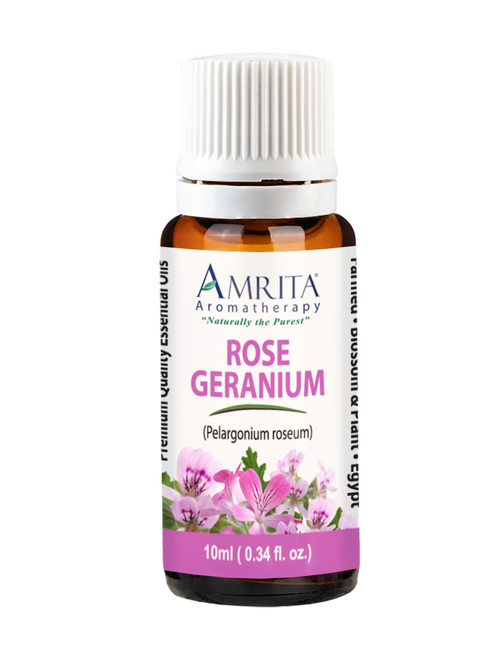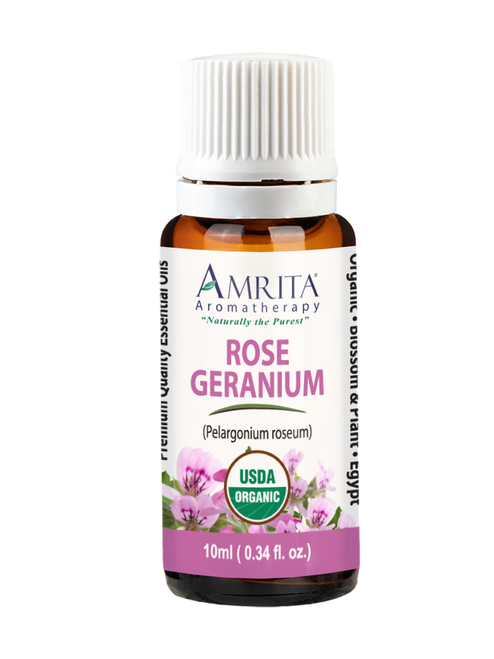What Are Conventional Medical Treatments For Menopause?
Generally, medical treatments aren’t needed for perimenopause. However, because some women experience severe hot flash symptoms, sometimes doctors may recommend hormone therapy (e.g. doses of estrogen and sometimes also progestin) or some types of antidepressants or a seizure medicine called Gabapentin. As with most medical interventions, there can be side effects to these treatments.
Most doctors recommend that you eat a balanced diet, exercise regularly, stop smoking, practice stress reduction and relaxation methods like meditation, get plenty of sleep, and try to figure out what triggers the hot flashes for you. Some women find that spicy food, hot weather, alcohol, stress, or hot drinks can make hot flashes occur more often or be worse for them. It is always wise to dress in layers, drink some water, and to move somewhere cooler when you feel one coming on.
Some women don’t feel as inclined to have sex because of vaginal dryness, but doctors say it is better to just start using lubricants (find one that doesn’t cause any burning or irritation), as sex actually helps make the transition smoother, because it increases blood flow to the vagina.
Pelvic floor exercises like Kegels can help stop incontinence and help make the transition smoother.
What Are Alternative Treatments For Menopause?
Some people try to replace estrogen by taking plant estrogens (phytoestrogens). There are two main types — isoflavones (found in soybeans and legumes) and lignans (found in flaxseed, whole grains, and some fruits and vegetables). However, there is little evidence that this actually helps. If you have had breast cancer, you should consult your doctor before taking isoflavone pills.
Some take “bioidentical” hormones to those the body produces. However, these are not regulated by the FDA, and the drawback to taking any form of hormone replacement, be it made from natural or synthetic substances, is that you are really just delaying the onset of menopause. Once you stop taking them, you will finally experience what nature intended for your body. The actual effects of delaying this natural process are not yet fully known.
Some take black cohosh for menopausal symptoms. However, there's little evidence that it is effective, and it can be harmful to the liver.
Research has shown that yoga may be effective in decreasing the number of hot flashes in perimenopausal women experience. Tai chi and qi gong may produce similar results. It is always better to learn these techniques under the guidance of a qualified teacher rather than just from a video or book.
Some research has shown that acupuncture may provide some temporary benefit in helping to reduce hot flashes.
And, of course, essential oils can help (see the Useful Essential Oils tab for details).










